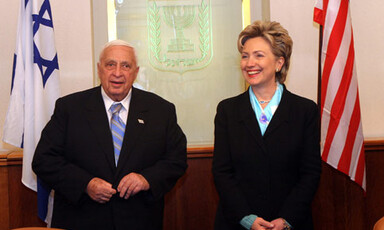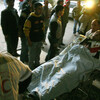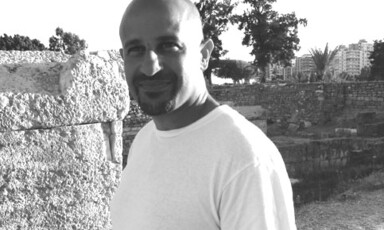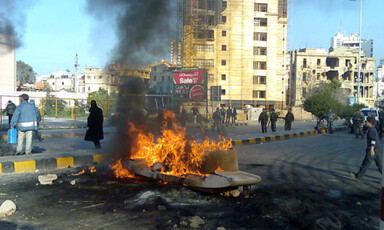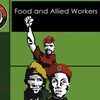
South African Food and Alied Workers Union condemns imports from Israel
23 January 2007
The Food and Allied Workers’ Union (FAWU) condemns Shoprite Checkers, Pick ‘n Pay and Fruit and Veg for the import of avocado pears from Israel. FAWU is appalled at the insensitivity towards the plight of the Palestinian people by the procurement of supplies from an oppressive, apartheid country like Israel. It seems like rubbing salt in the wounds of Palestinians to procure supplies. FAWU is convinced that the import of these goods are in contravention of the spirit of various International Labour Organisation (ILO) conventions. FAWU calls on the above retailers to immediately cease importing produce from Israel. Read more about South African Food and Alied Workers Union condemns imports from Israel
